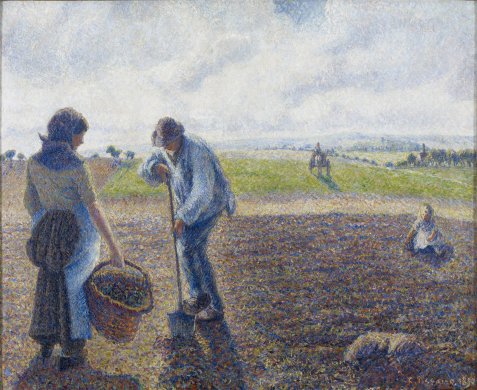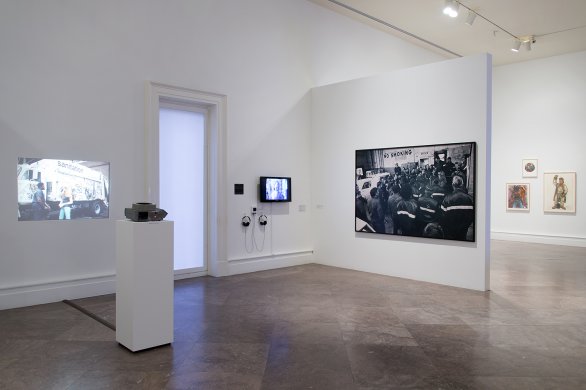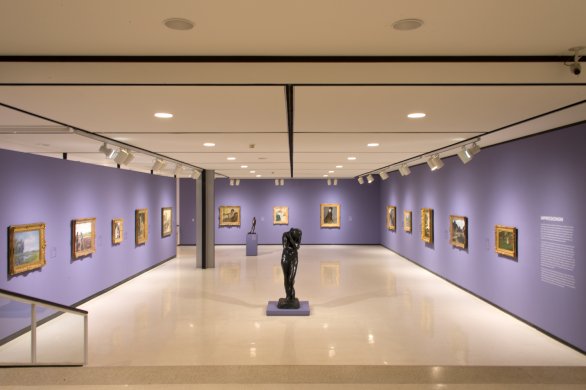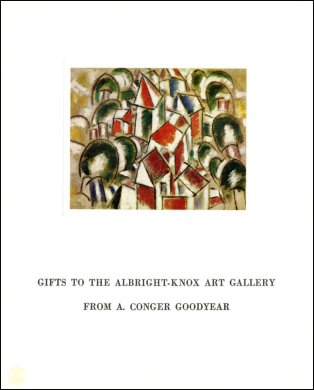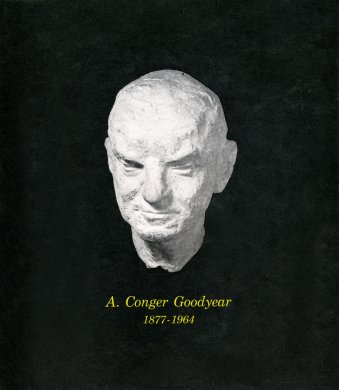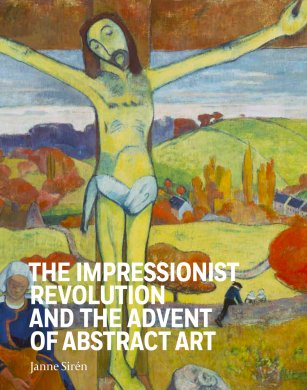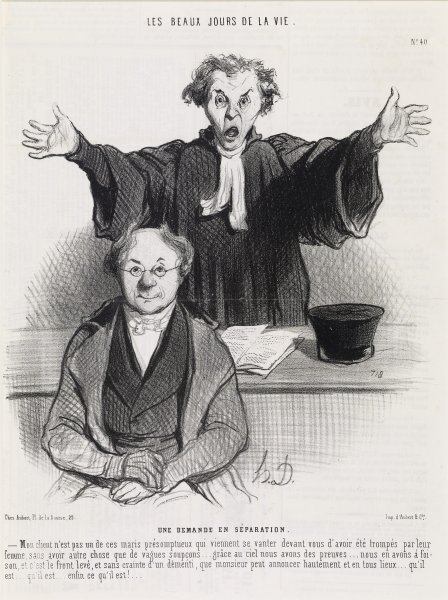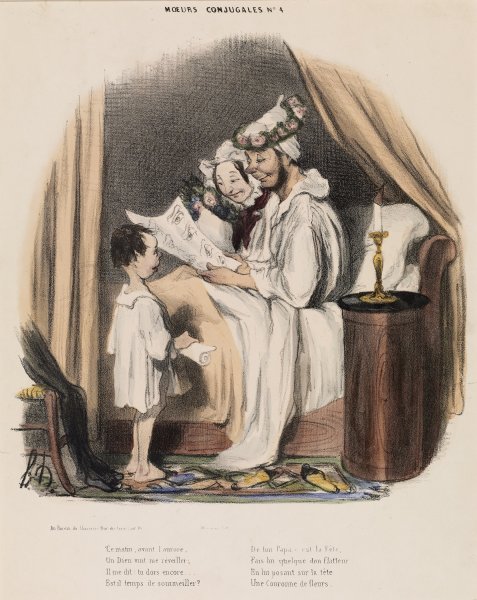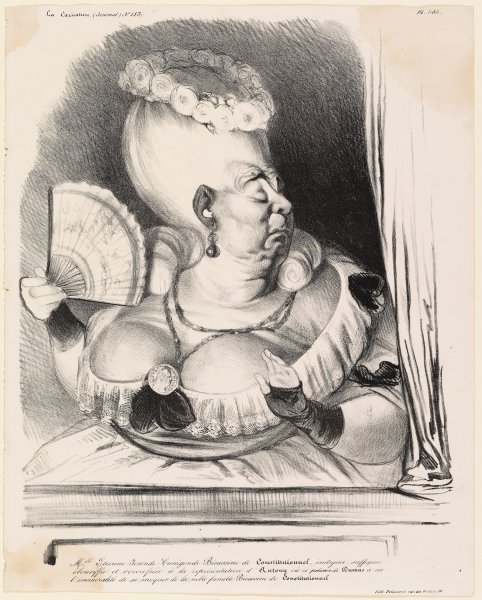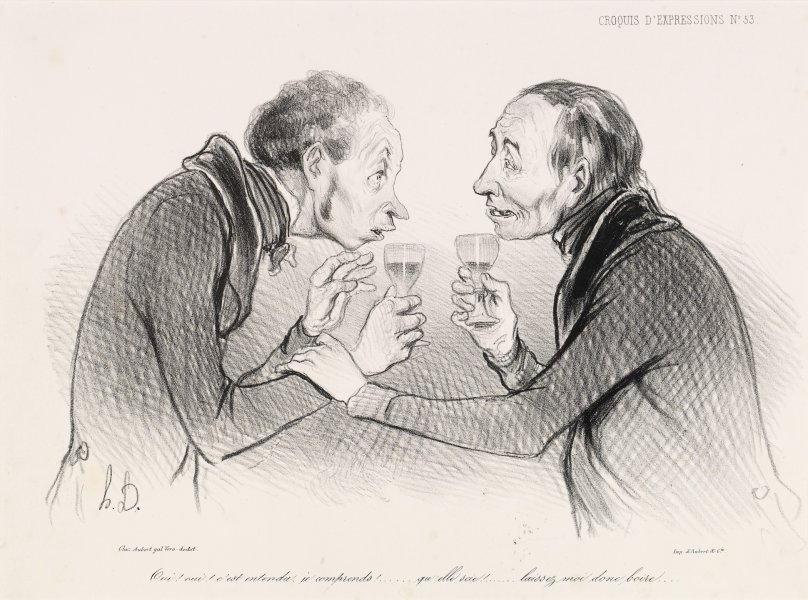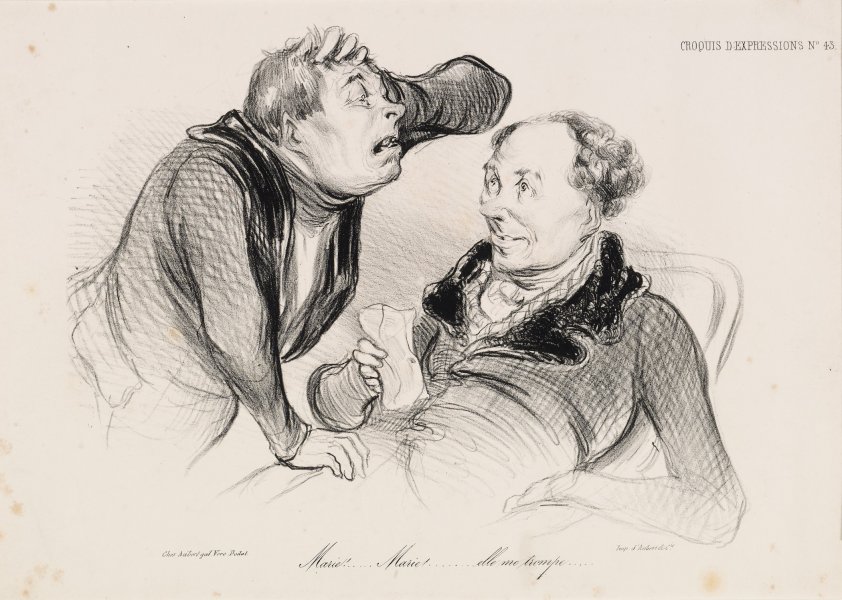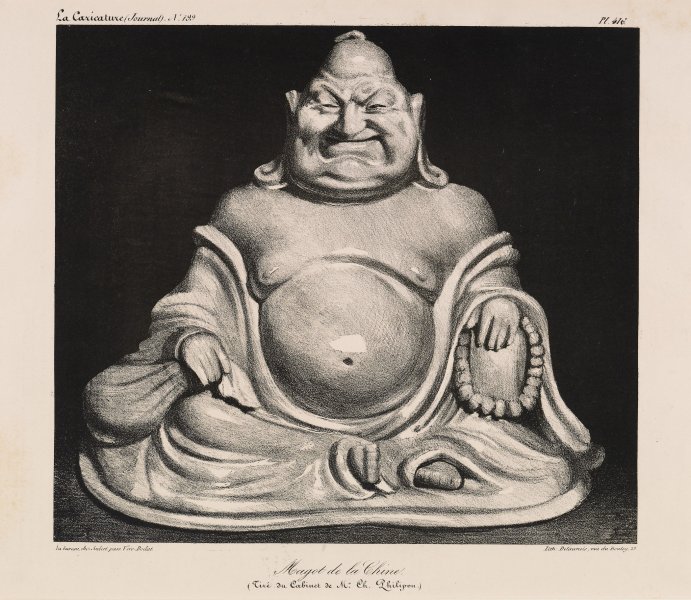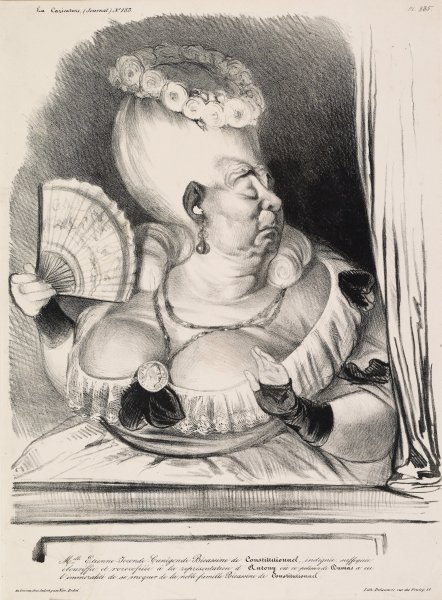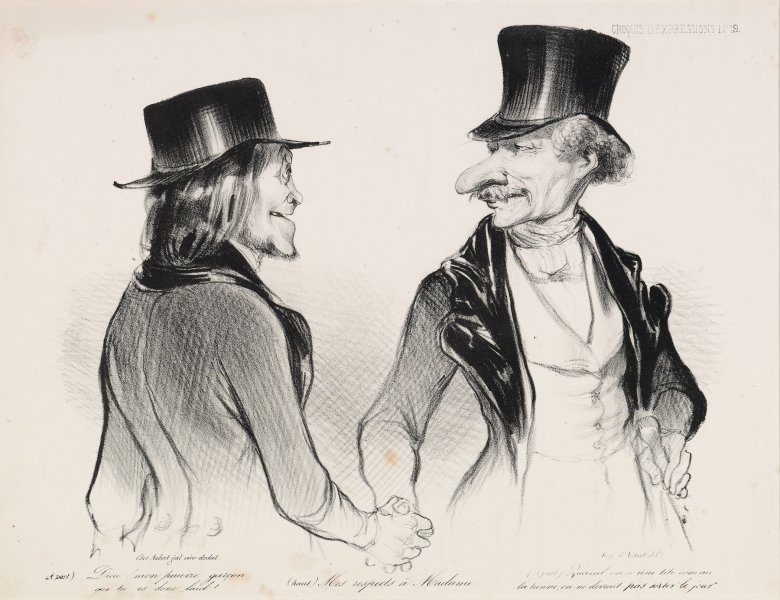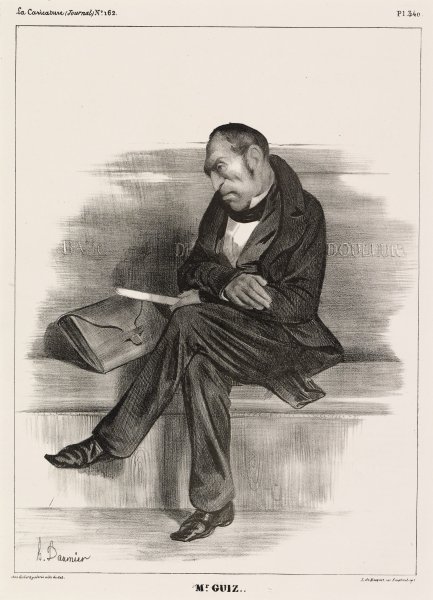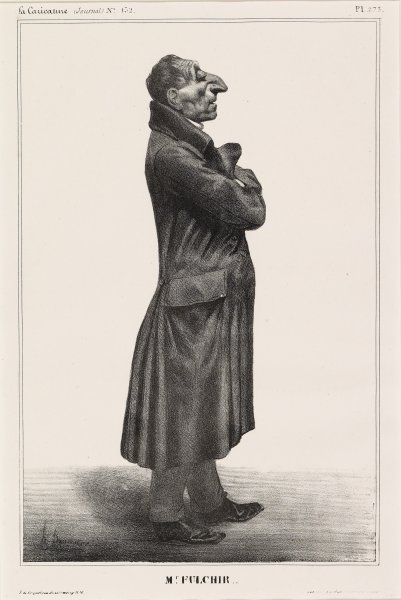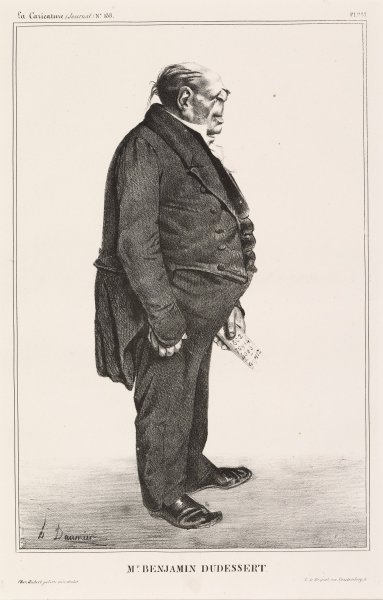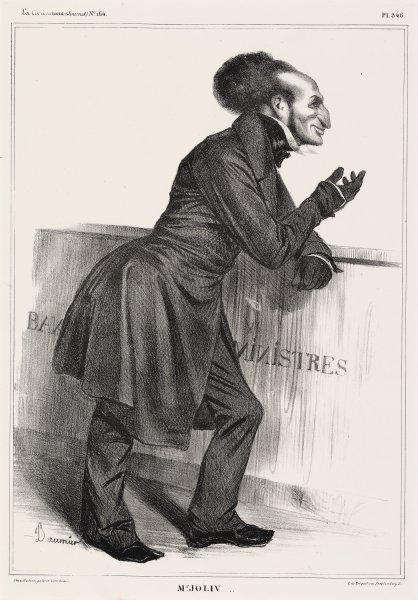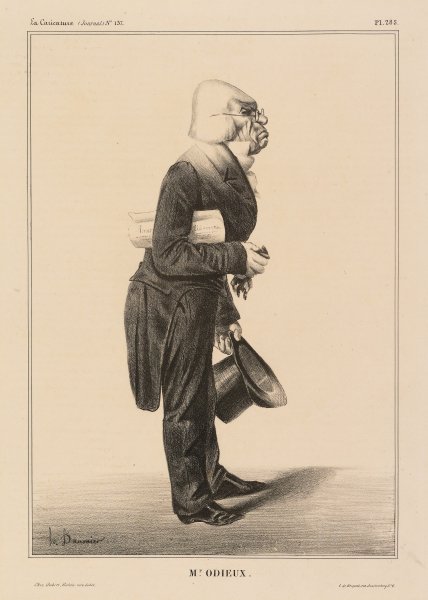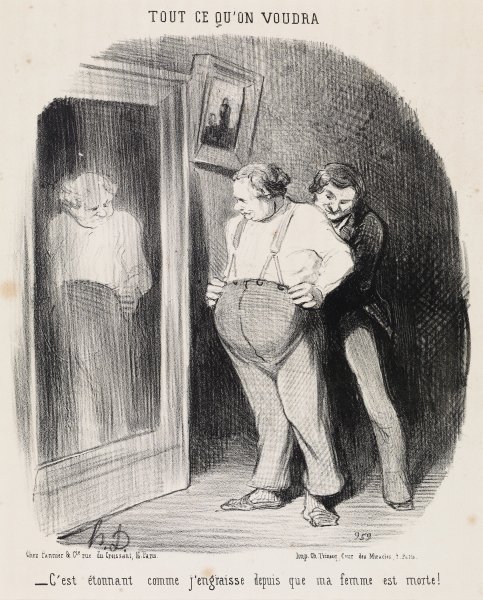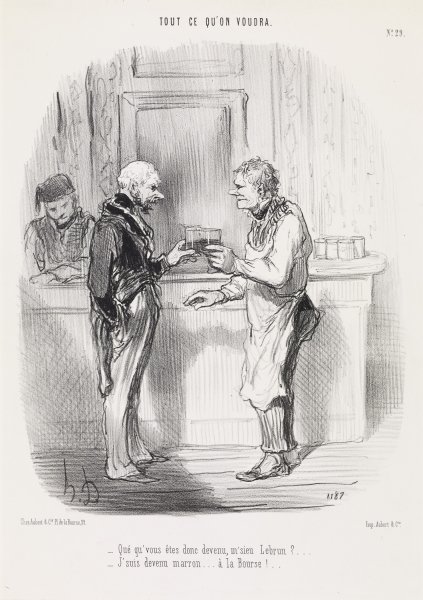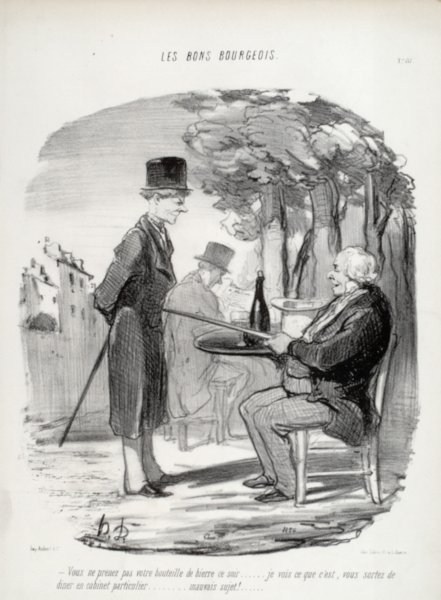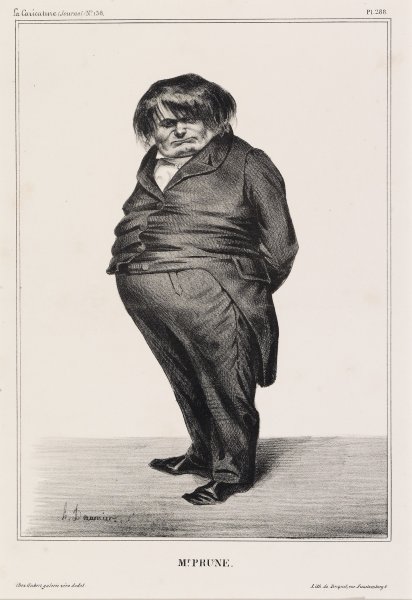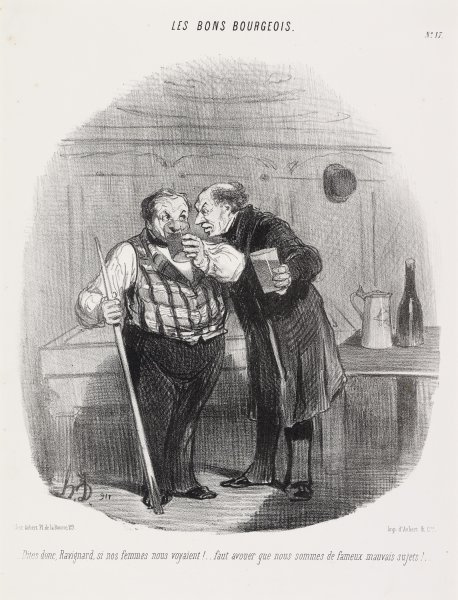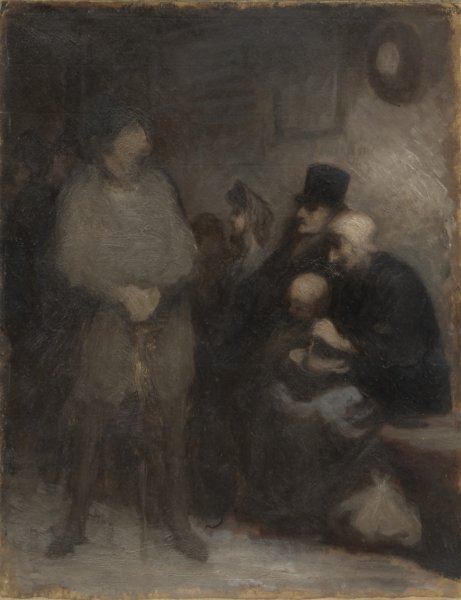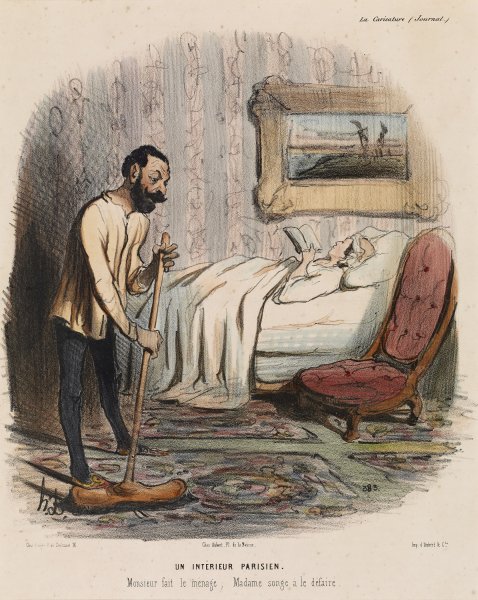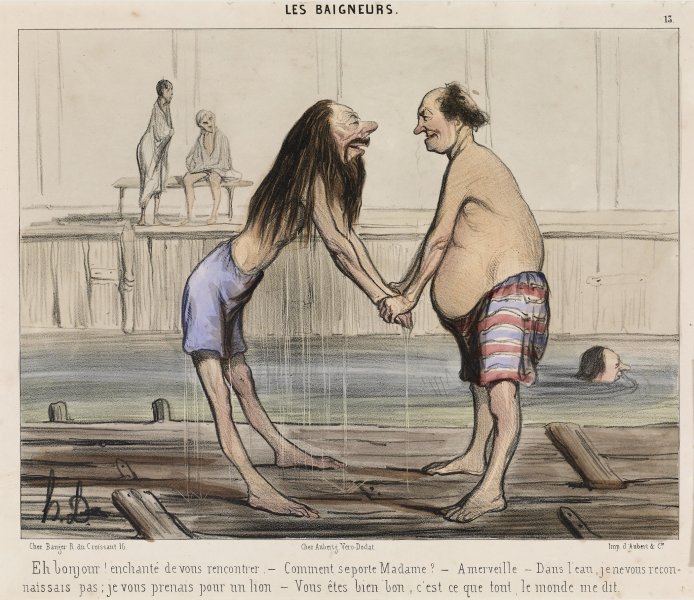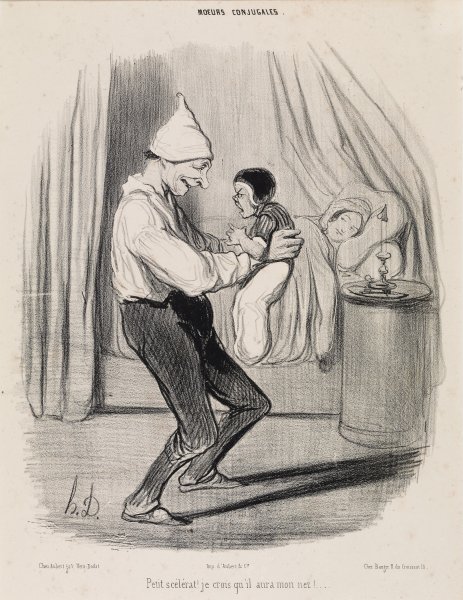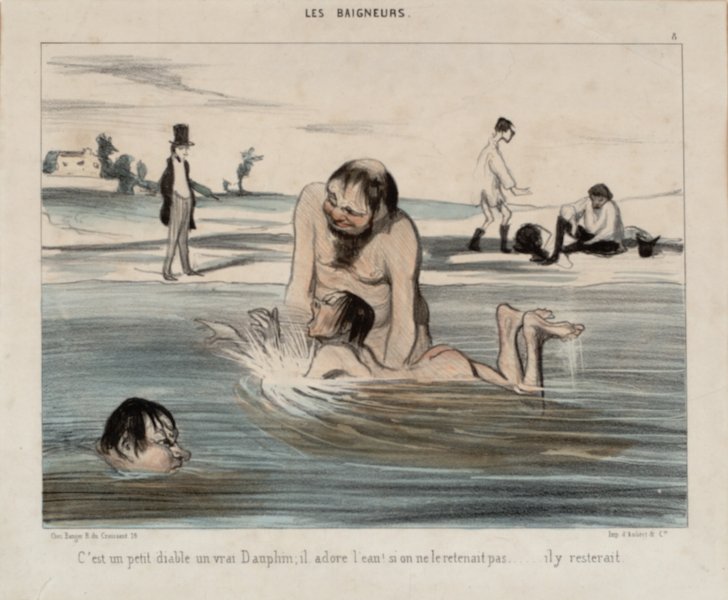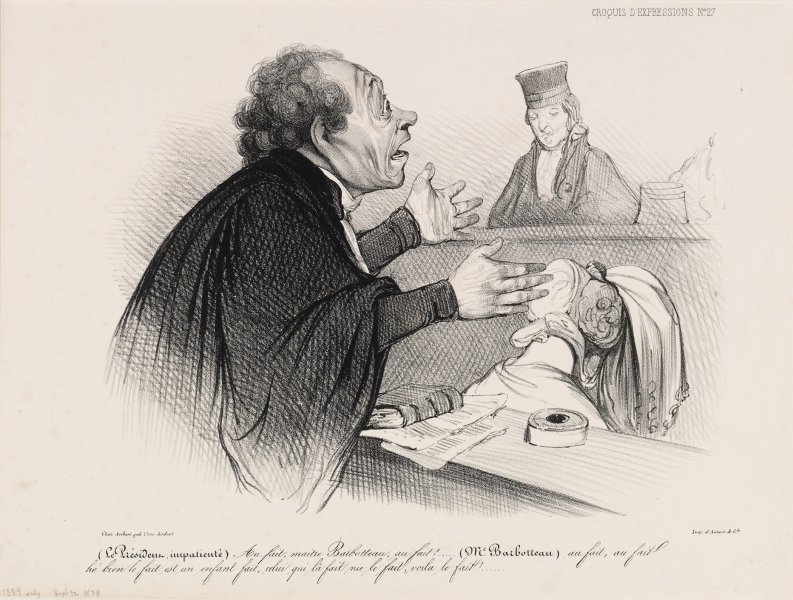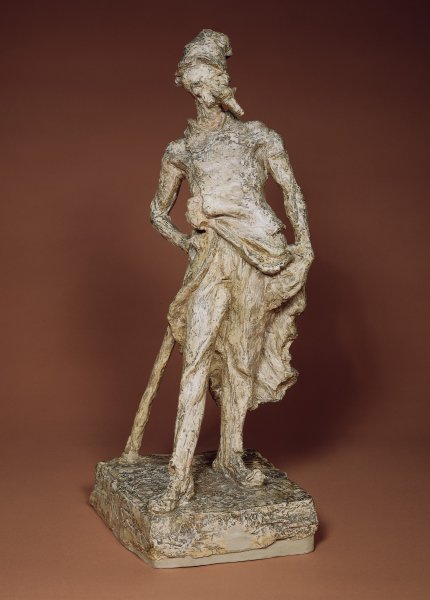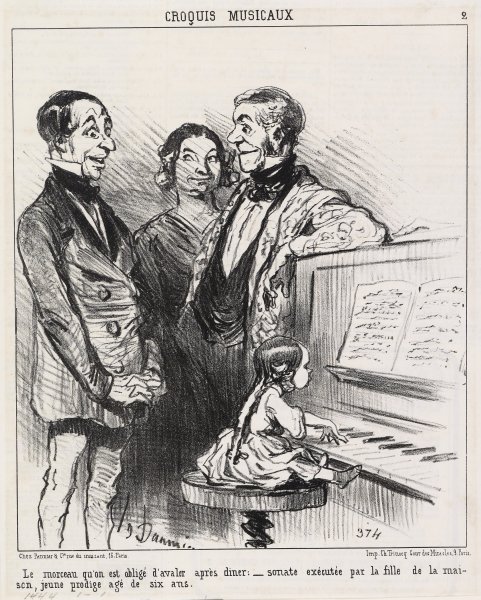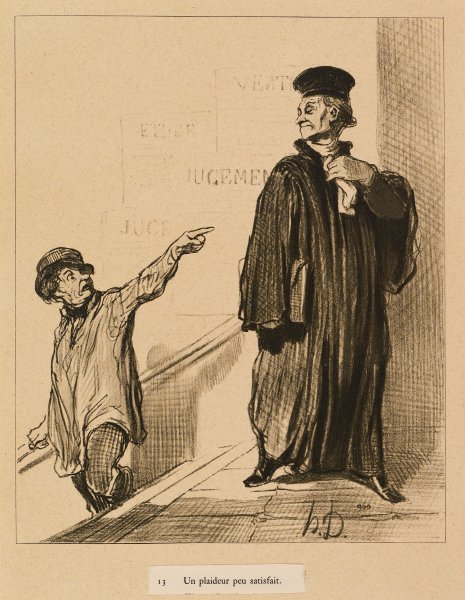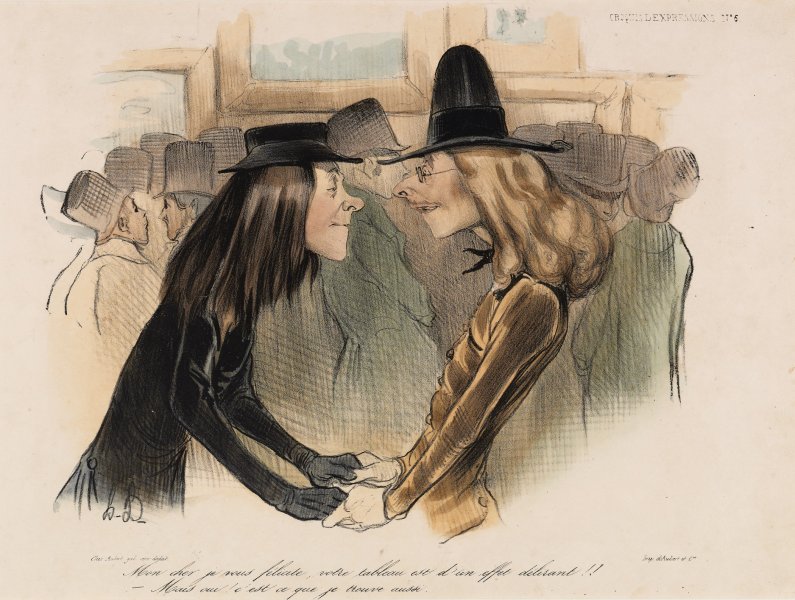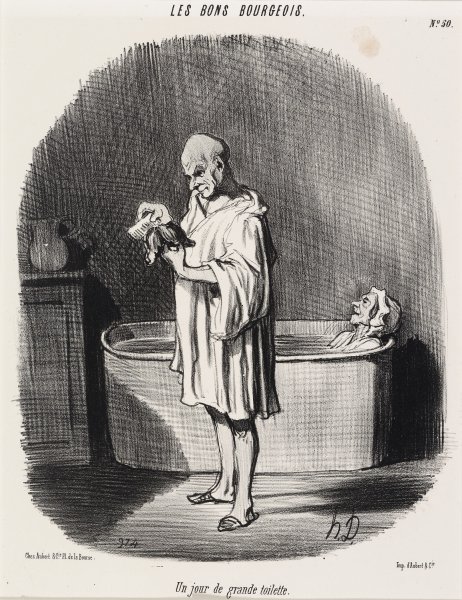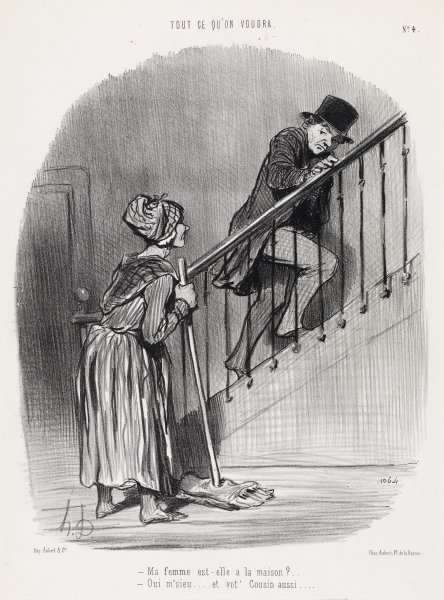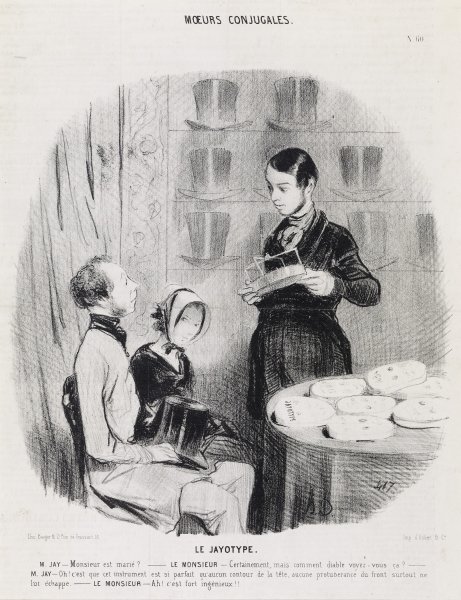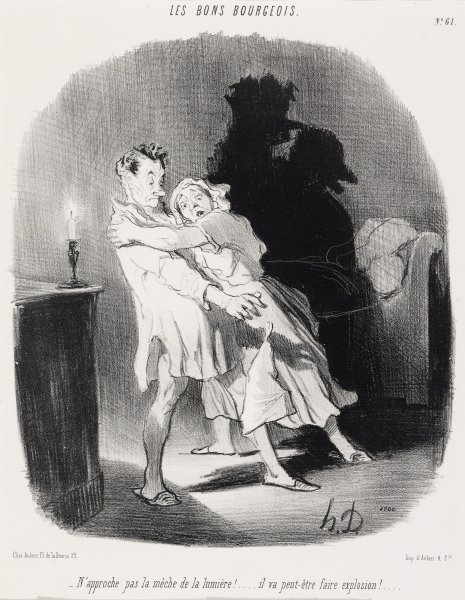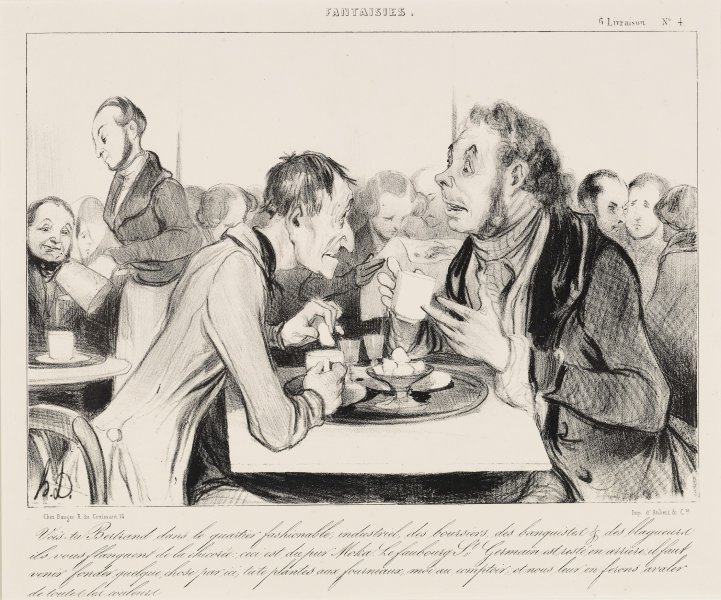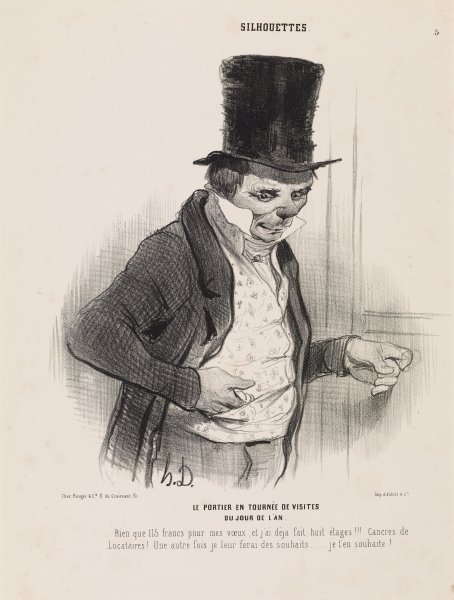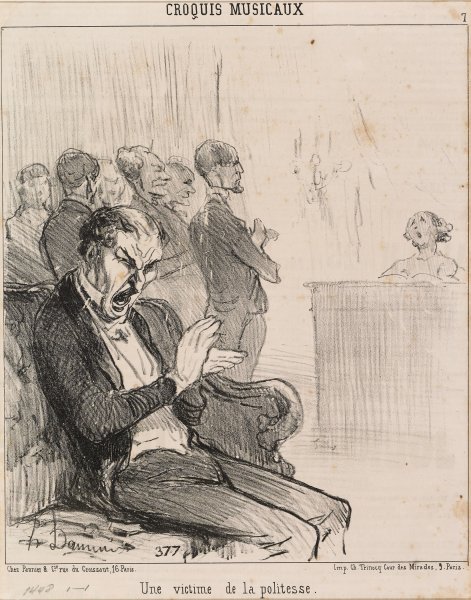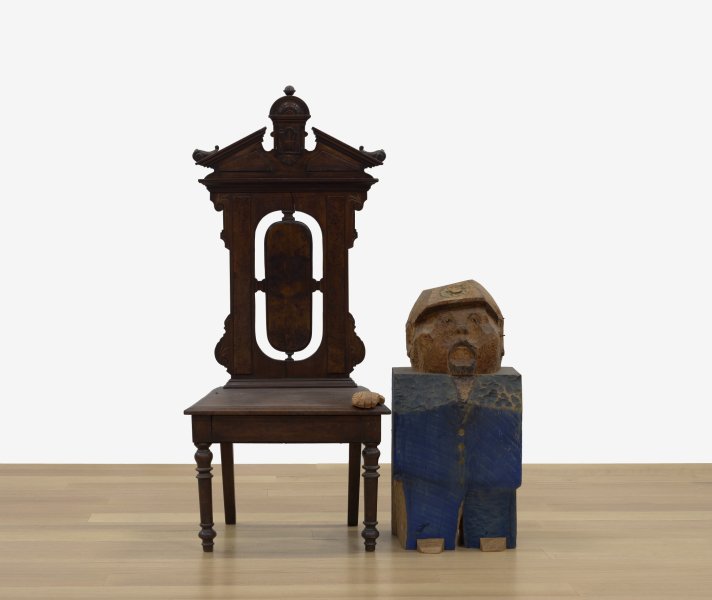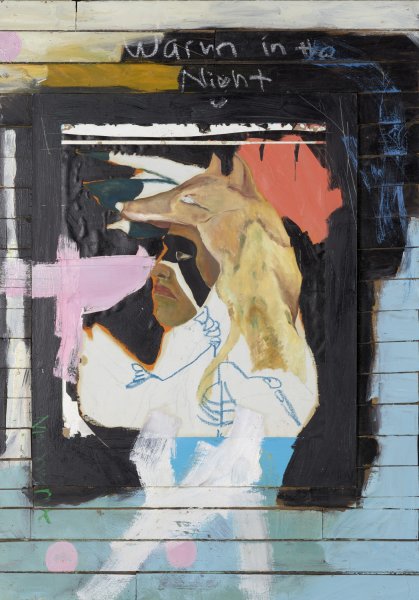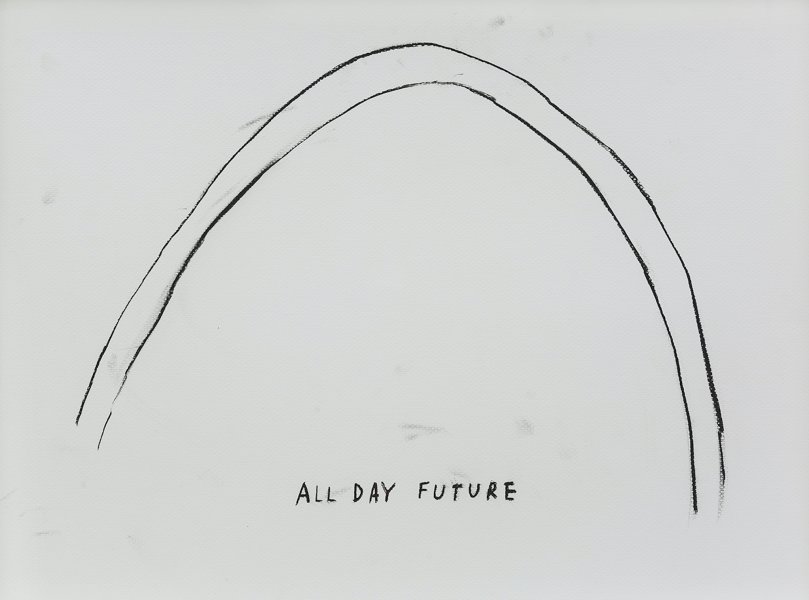Honoré Daumier
French, 1808-1879
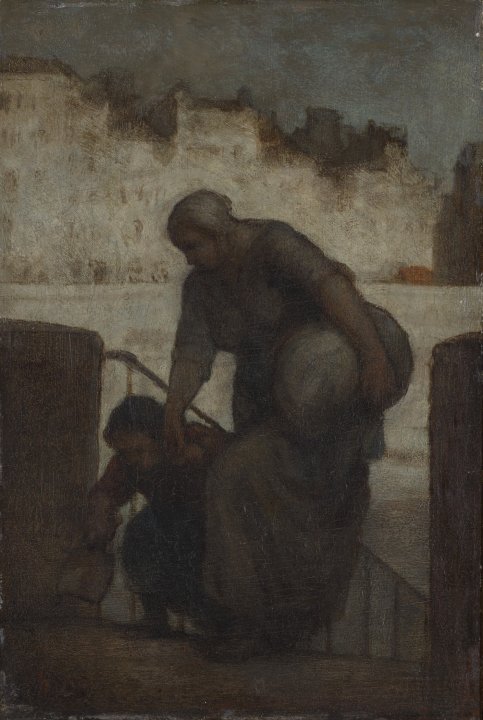
Honoré Daumier (French, 1808-1879). Une laveuse au Quai d'Anjou (Laundress on the Quai d'Anjou), ca. 1860. Oil on wood (cradled), 11 1/4 x 7 3/4 inches (28.6 x 19.7 cm). Collection Albright-Knox Art Gallery, Buffalo, New York; George B. and Jenny R. Mathews Fund, 1964 (1964:2).
Public Domain
Image downloads are for educational use only. For all other purposes, please see our Obtaining and Using Images page.
Search the Site

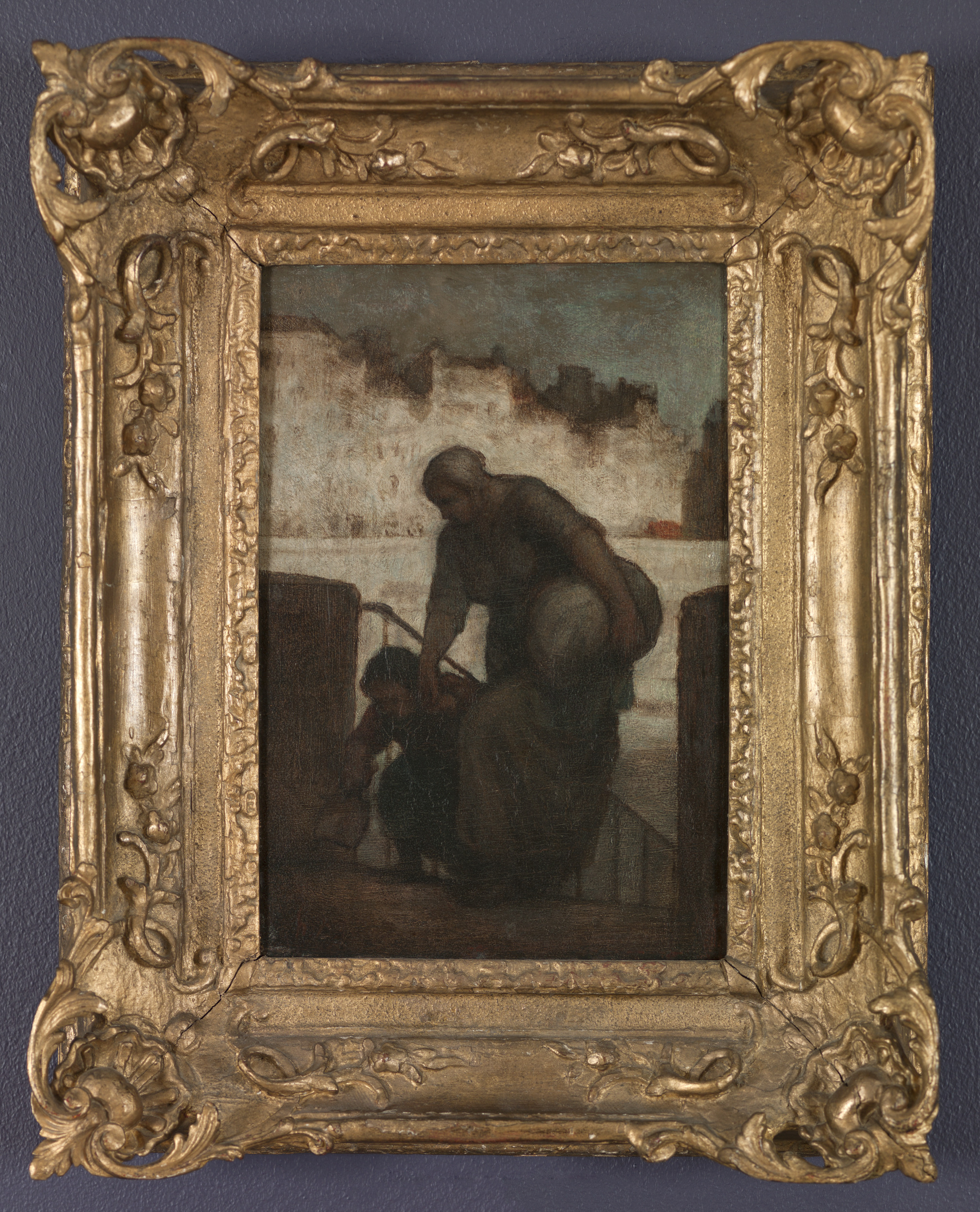
Public Domain
Image downloads are for educational use only. For all other purposes, please see our Obtaining and Using Images page.
Une Laveuse au Quai d'Anjou (Laundress on the Quai d'Anjou), ca. 1860
Artwork Details
Currently on View
Collection Highlight
Materials
oil on wood (cradled)
Measurements
support: 11 1/4 x 7 3/4 inches (28.57 x 19.68 cm); framed: 17 3/4 x 14 1/4 x 3 1/8 inches (45.08 x 36.19 x 7.94 cm)
Collection Buffalo AKG Art Museum
Credit
George B. and Jenny R. Mathews Fund, 1964
Accession ID
1964:2
Inscriptions:
Provenance:
Morot, Paris;
Edmund Davis, London;
sold to Alex Reid & Lefevre Gallery, London, April 1927;
sold to Knoedler & Co., New York, May 1928;
sold to A. Conger Goodyear, 1928;
donated to the Albright-Knox Art Gallery, 1944;
purchased from Goodyear's estate for Albright-Knox Art Gallery with funds from the Mathews Fund, 1964
Object Classifications:
Work Type:
Information may change due to ongoing research. Glossary of Terms
Through light and shadow, Honoré Daumier empathetically responded to the effects of increasing industrialization in the mid-19th century on Parisian daily life. This intimate portrait depicts a scene Daumier would have observed daily from his apartment on the Quai d’Anjou overlooking the Seine river. It is one of three closely related compositions by the artist in which washerwomen, walking up bundles from the laundry boats along the docks, are seen at the top of the stairs from varying vantage points. The act of washing, however, is never depicted. Instead, Daumier focuses on the weight of their heavy burdens. Laundress on the Quai d’Anjou is a sympathetic portrayal of a dreary and difficult existence, which the artist symbolically contrasted with the more privileged life of the people living in the bright, large houses along the opposite side of the river. The child who accompanies the laundress holds a wooden laundry spoon, implying that the mother’s tasks will likely be continued by the next generation.
